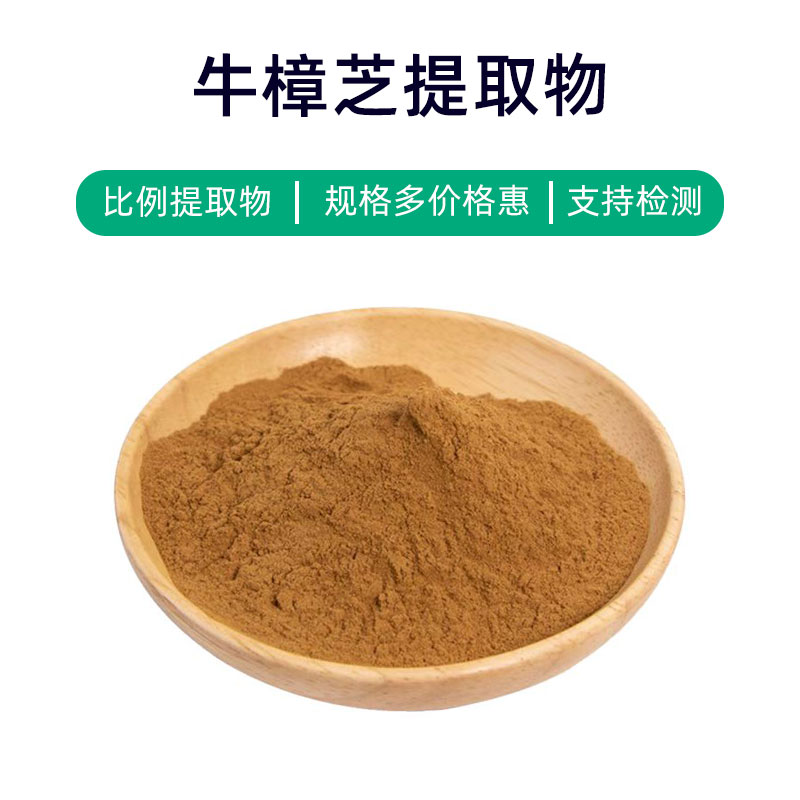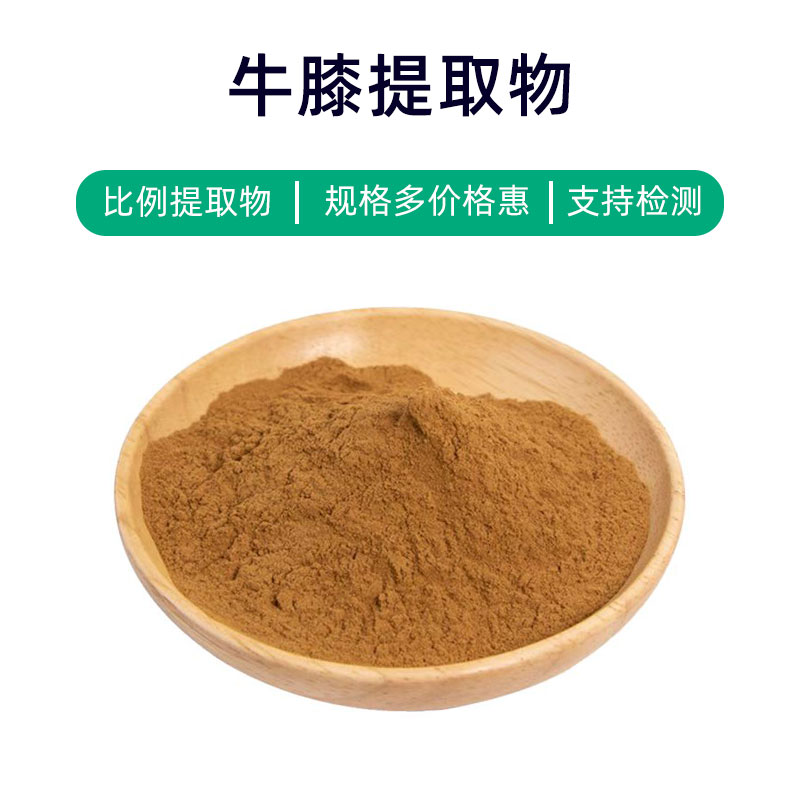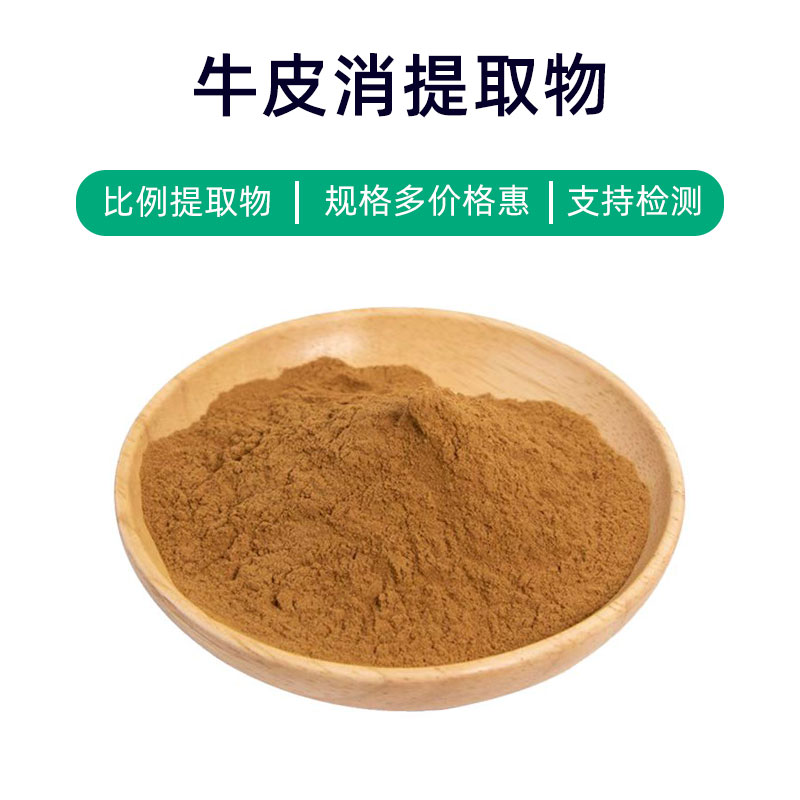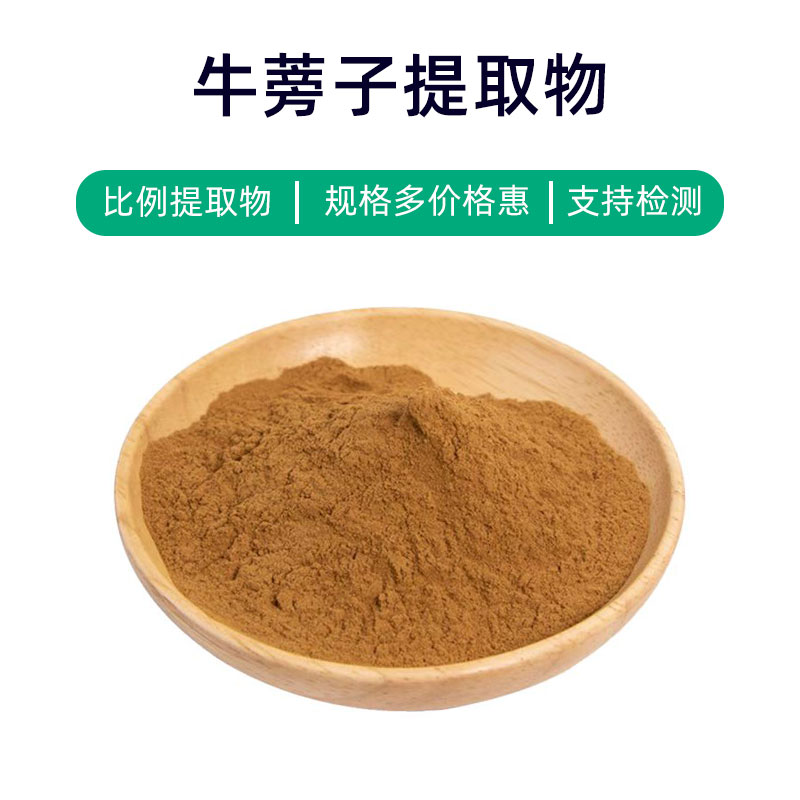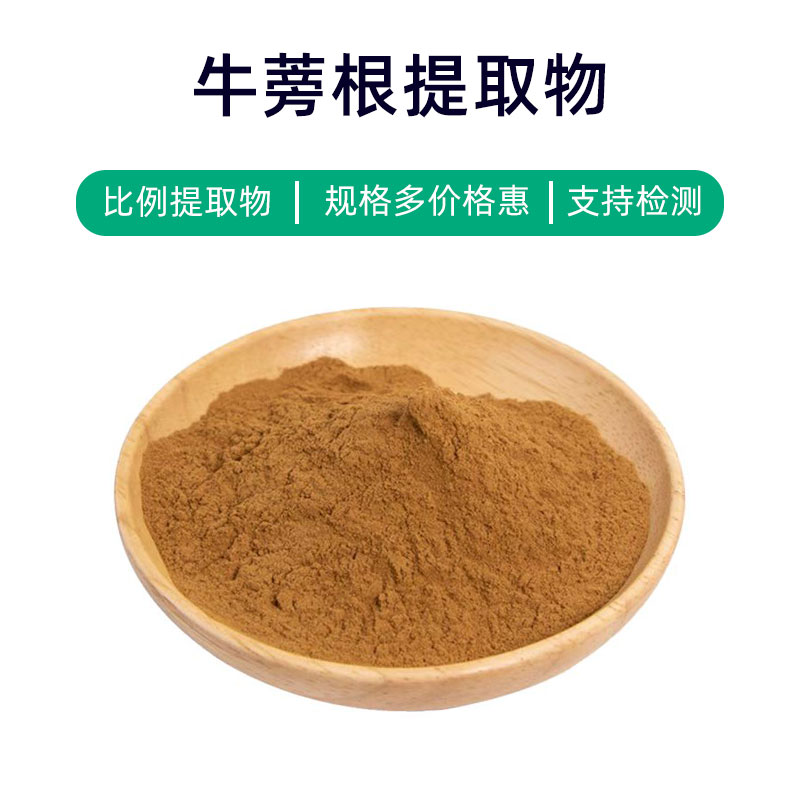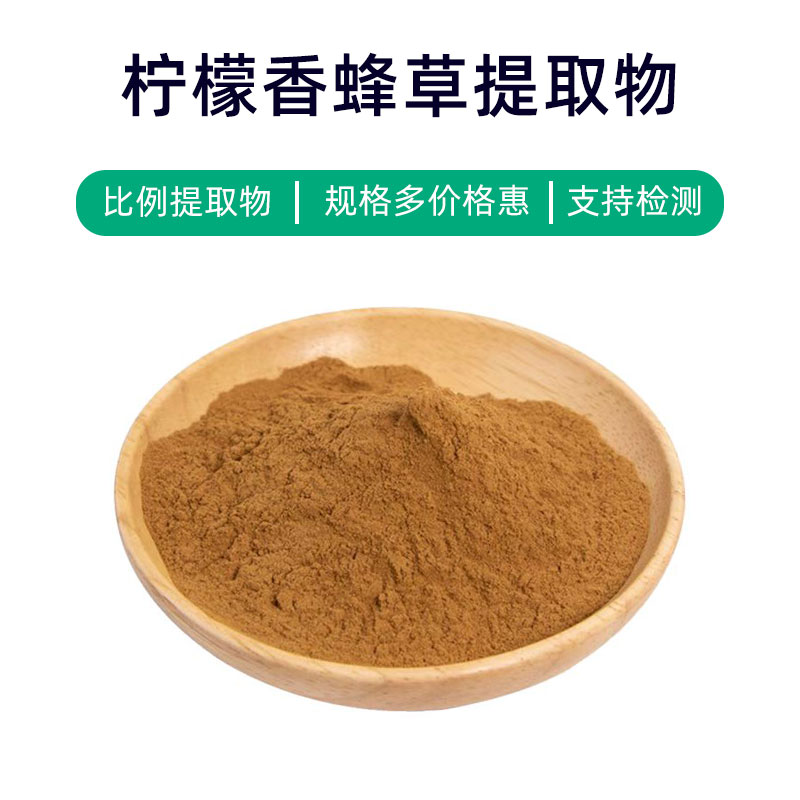Lotus Seed Extract Product Introduction
Lotus seed extract is a nutrient-rich natural plant extract derived from lotus seeds. Its main components include proteins, starch, fats, vitamins, minerals, and various active compounds like nelumbin and lotus root alkaloids. These elements contribute to the diverse benefits and applications of lotus seed extract.
Lotus seed extract is widely used in health supplements, food additives, and pharmaceuticals. In dietary supplements, it is known to nourish the body, enhance physical strength, and boost immunity. Its rich vitamin and mineral content aids in nutritional supplementation and promotes health. As a food additive, lotus seed extract is utilized in seasonings, functional beverages, and nutritional foods, adding dietary value and enhancing taste. Additionally, it serves as a medicinal ingredient in traditional medicine for regulating blood sugar, lowering blood pressure, and providing antioxidant support, all of which contribute to improved health.
Overall, lotus seed extract, as a natural plant extract, is packed with nutrients and medicinal activities, making it a valuable resource in health supplements, food, and pharmaceuticals, providing significant support and assistance for people's health and well-being.
Lotus Seed Extract Production Process
The production process of lotus seed extract generally involves the following main steps:
- Raw Material Preparation: Fresh lotus seeds are selected as the extraction material. The outer skin, impurities, and foreign matter are removed to ensure quality and purity.
- Crushing: The cleaned lotus seeds are crushed to enhance extraction efficiency and increase surface area. Common crushing methods include grinding and pulverizing.
- Extraction: Suitable extraction methods such as water extraction, alcohol extraction, or supercritical fluid extraction are employed to extract the effective components from the lotus seeds. During extraction, parameters such as temperature, time, and solvent concentration need to be controlled to ensure effective extraction and stability of components.
- Concentration: The extracted solution is concentrated, typically using evaporation or vacuum concentration methods, to remove solvents and increase the concentration of active components.
- Purification: The concentrated extract undergoes purification to remove impurities and unwanted components, enhancing product purity and quality.
- Drying: The purified extract is dried using methods like spray drying, vacuum drying, or freeze-drying to reduce moisture content and enhance stability and shelf life.
- Crushing and Packaging: The dried extract is crushed, sifted, and packaged to achieve the desired product size and appearance while maintaining stability and quality.
- Quality Control: The finished product undergoes quality inspection, assessing major components, purity, microbiological and heavy metal levels to ensure compliance with relevant standards and regulations.
These steps outline the common production process for lotus seed extract, though variations may exist depending on the manufacturer and product, generally following similar procedures.
Lotus Seed Extract Benefits and Side Effects
As a natural plant extract, lotus seed extract is recognized for its certain benefits and uses in both traditional medicine and modern healthcare. Here are the primary benefits and effects of lotus seed extract:
- Nourishing: Lotus seeds are rich in proteins, carbohydrates, vitamins, and minerals, which can nourish the body, enhance physical resilience, and help boost immunity.
- Kidney Support: Lotus seeds possess benefits for kidney health, alleviating symptoms of kidney deficiency such as lower back pain, dizziness, and frequent nighttime urination.
- Calming Effects: Lotus seeds have a soothing effect on the mind, helping to relieve anxiety, insomnia, and restless dreams, thus improving sleep quality and emotional regulation.
- Lung Soothing: The mucilage in lotus seeds can help soothe the lungs and alleviate coughing, which is beneficial for chronic coughs and respiratory illnesses.
- Blood Pressure and Lipid Regulation: Various bioactive substances in lotus seeds can help regulate blood pressure and lower blood lipids, contributing to the prevention and improvement of cardiovascular diseases.
- Antioxidant Properties: Rich in natural antioxidants like polyphenolic compounds and vitamin C, lotus seeds help eliminate free radicals, delay aging, and protect cellular health.
- Digestive Support: Lotus seeds are high in dietary fiber, promoting bowel movement and enhancing digestion while preventing constipation and gastrointestinal disorders.
- Beauty Benefits: The nutrients in lotus seeds can enhance skin condition, maintain skin radiance, and reduce wrinkles and discoloration, offering some beauty benefits.
Lotus seed extract typically does not produce significant side effects. However, some individuals may experience allergic reactions or digestive discomfort; thus, it’s important to consider individual differences and use it in moderation. If any discomfort occurs, it is advisable to discontinue use and consult a healthcare professional.
Lotus Seed Extract Application Scenarios and Dosages
Lotus seed extract finds extensive use in pharmaceuticals, food, and cosmetics, with dosages varying by application. Here’s an overview of its applications and corresponding dosages across different fields:
- Pharmaceutical Applications:
- Traditional Medicine Preparations: Frequently used in traditional medicine formulations such as lotus heart and white lotus seed for treating symptoms like kidney deficiency, palpitations, and insomnia. Typical dosage is 10-15 grams per day, which can be brewed into a tea or powdered for consumption.
- Health Supplements: Used as a raw material in health supplements to nourish kidney qi and supplement nutrition. Usual dosage is 5-10 grams daily, often made into capsules or tablets.
- Food Applications:
- Food Additives: Serves as a food additive to enhance nutritional value and flavor. Standard addition is typically 5-10 grams of lotus seed extract per 1000 grams of food, adjusted according to production needs.
- Health Foods: Often processed into lotus nutrition blocks or lotus beverages to improve health. The usual daily dosage is 10-20 grams.
- Cosmetics Applications:
- Skin Care Products: With antioxidant and moisturizing properties, lotus seed extract is commonly used in skin care products such as masks, lotions, and serums. The typical amount is 2-5 grams of lotus seed extract per 100 grams of cosmetic product.
- Hair Care Products: Often included in shampoos and conditioners, promoting healthy hair. The dosage generally is 1-3 grams per 100 grams of product.
The dosage of lotus seed extract should be determined based on specific product formulations and usage requirements. It is recommended to follow the advice of professionals in the medical and food fields for safe and effective use. In cosmetic applications, follow the recommended dosages on product labels to avoid adverse reactions from overuse.
Lotus Seed Source Plant Introduction, Distribution, and Growth Environment
Lotus seeds (scientific name: Nelumbo nucifera) are a valuable and ancient aquatic plant belonging to the lotus family. Their extract is an important medicinal and edible material. Here’s a detailed look at the source plant, its distribution, and growth environment:
Plant Introduction:
Lotus seeds are perennial aquatic plants with robust rhizomes and long, whip-like roots. They have round leaves and large, beautiful flowers, with oblong seeds encapsulated within a seed pod. The hard outer shell protects the fleshy seeds inside, which hold significant nutritional value.
Distribution:
Originally native to China, lotus seeds are one of its specialties, widespread in southern China, particularly in provinces like Jiangnan, Jiangxi, Fujian, and Guangdong. Additionally, lotus seeds can be found in other parts of Asia including India, Sri Lanka, and Thailand, as well as in North America and Europe.
Growth Environment:
Lotus seeds primarily grow in freshwater lakes, ponds, rivers, and rice paddies. They thrive in warm, humid climates, with optimal growth temperatures ranging from 20°C to 30°C, and require ample sunlight. Lotus prefers clear, stable water quality and is sensitive to cold and drought conditions.
The growth process of lotus seeds involves germination, flowering, fruiting, and dormancy stages. In suitable environments, lotus seeds flourish, producing lotus leaves, flowers, and pods that ultimately yield the seeds.
Agricultural Cultivation:
To obtain high-quality lotus seeds, artificial cultivation is often practiced. Ideal cultivation sites have medium water levels, fertile soil, and clear water. Farmers employ manual sowing, fertilization, management, and protection techniques to promote healthy growth. Once mature, harvesting, cleaning, and sun-drying processes follow to ensure quality and shelf life.
In summary, the source plant of lotus seed extract is a water-loving plant that grows in warm, humid environments, with a broad distribution range and suitable growth conditions, allowing for the cultivation of rich and high-quality lotus seed yields.
Lotus Seed Extract Processing and Storage
The processing of lotus seed extract primarily involves cleaning, shelling, grinding, and extraction steps. First, lotus seeds are cleaned to remove surface impurities; then, they undergo shelling to access the seeds; next, the seeds are ground to facilitate the extraction of target components; finally, appropriate extraction methods are employed to obtain the effective components of the lotus seeds.
After processing, lotus seed extract should be stored in a dry, ventilated environment, avoiding direct sunlight and high humidity. It is generally recommended to keep it in a sealed container to prevent moisture and oxidation, preserving its quality and potency.
Monica Sun is a seasoned expert in the plant extraction industry with over a decade of experience in research and production. She specializes in the extraction and purification of plant active ingredients, focusing on driving innovation in natural product applications. Monica has participated in the development of multiple functional plant extracts, delivering high-value natural raw material solutions for the health food, pharmaceutical, and dietary supplement sectors.









